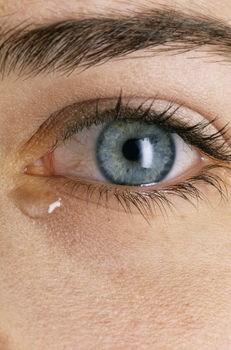Stockmarket pressure to find "blockbuster" drugs has forced drug companies to push products to market ever more aggressively. In the case of Merck's painkiller Vioxx, this had disastrous and lethal results.
There are two remarkable things about the painkiller Vioxx. One was its disastrous impact on those who took it. Before it was pulled from the market in September 2004, Vioxx probably did more harm than any other modern prescription medicine. Critics of the drug have estimated that up to 140,000 Americans suffered heart attacks or strokes and about a third died as a result of taking it—and that is not counting those who died in the other countries where the drug was sold. It was as if a full jumbo jet dropped from the sky every week for five years, yet no one noticed.

 Health Glance
Health Glance Adverse reactions to medication is the fifth most common cause of death in hospitals according to the European Commission, but EU agencies and national governments have until now kept secret pharmaceutical companies' reports on side-effects.
Adverse reactions to medication is the fifth most common cause of death in hospitals according to the European Commission, but EU agencies and national governments have until now kept secret pharmaceutical companies' reports on side-effects. Scientists have developed purple tomatoes which they hope may be able to keep cancer at bay.
Scientists have developed purple tomatoes which they hope may be able to keep cancer at bay. Independent health researcher Grace Filby, who won a Churchill Fellowship for her research into phage therapy, is calling on the government for more research into the possible side-effects of the HPV vaccine that is currently being given to teenage girls.
Independent health researcher Grace Filby, who won a Churchill Fellowship for her research into phage therapy, is calling on the government for more research into the possible side-effects of the HPV vaccine that is currently being given to teenage girls.






























